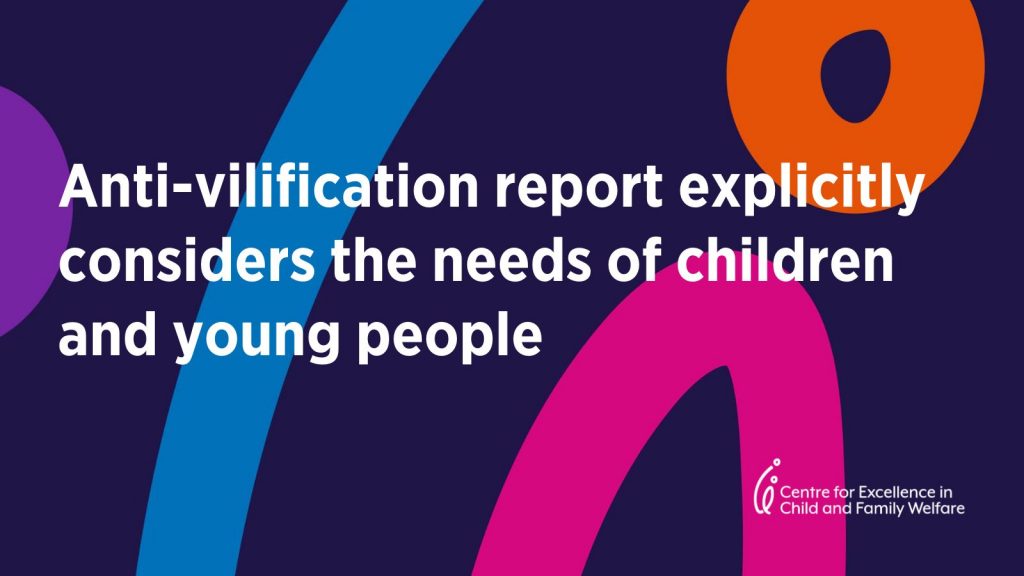The Centre welcomes recommendations made by the Victorian Legislative Assembly’s Legal and Social Issues Committee to extend anti-vilification laws to cover a range of attributes not currently specified in legislation, particularly those that relate to the wellbeing and livelihoods of children and young people.
Following an inquiry into anti-vilification protections in Victoria, the Committee has today released a report which includes a total of 36 recommendations aimed at preventing vilification, strengthening law enforcement and addressing the rising problem of online vilification.
The Committee explored the effectiveness of the Racial and Religious Tolerance Act 2001 (RRTA), the Equal Opportunity Act 2010 and the Charter of Human Rights and Responsibilities Act 2006. It found there to be a lack of awareness in the community of Victoria’s anti-vilification laws, as well as frustration about the inaccessibility and ineffectiveness of these laws.
Of the Committee’s recommendations, several relate specifically to supporting children and the communities that care for them to respond to and report vilification:
- Recommendation 5: That the Victorian Government implement programs within primary schools to strengthen respect, diversity and cohesion among all students.
- Recommendation 6: That the Victorian Government promote clearer understanding among educators and school leadership on preventing and responding to hate conduct within schools, including through professional development, policies and strategies.
The Centre applauds the Committee for explicitly considering the needs of children and young people and how they are uniquely impacted by vilification.
Children deserve to feel safe, supported and cared for at home, at school and in the community. The recommendations reflect the importance of proactively targeting prejudice among all age groups and communities to ensure it does not become further entrenched and systemic.






